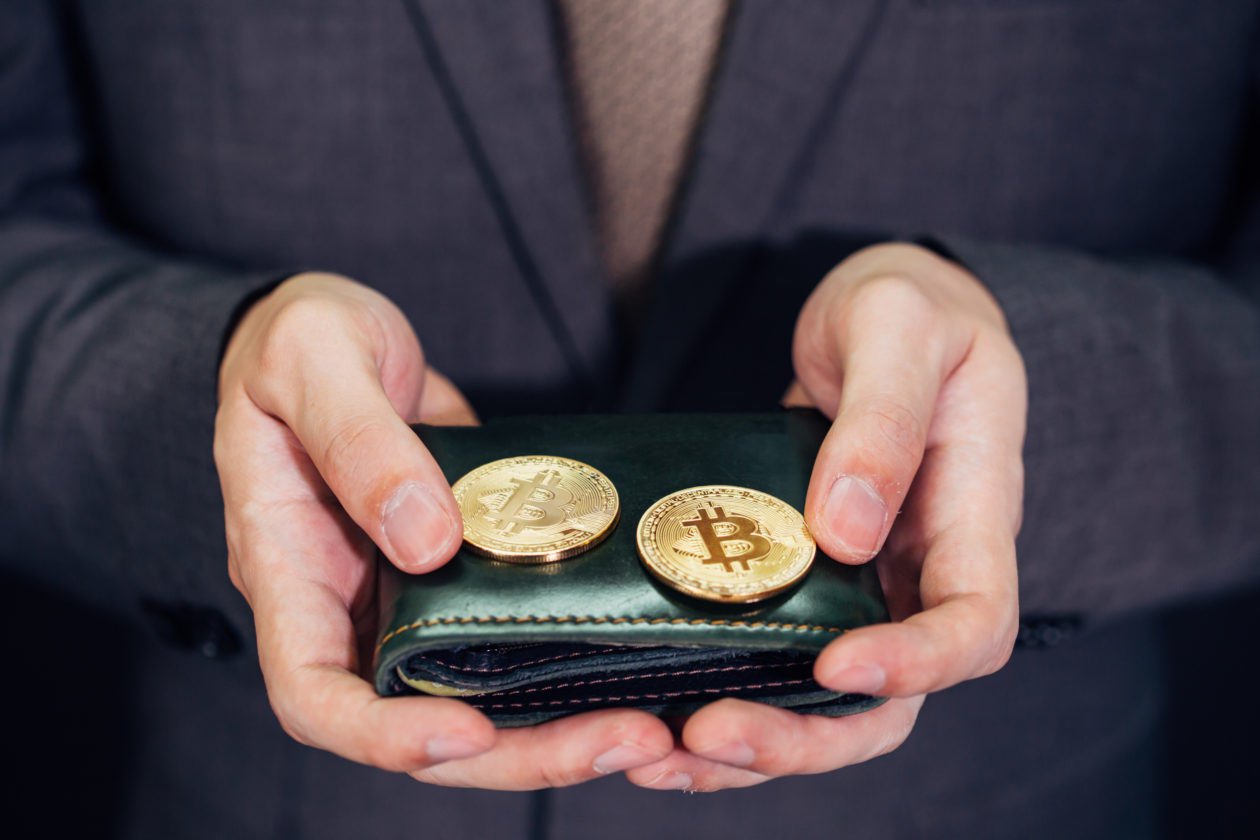Make no secret about it — banking is changing at a rapid pace, particularly with the Covid-19 pandemic. Banking institutions have been around for a long time and before we know it, are likely to look very different from what we are familiar with today. They existed back when people were solely using gold for transactions. And, in my opinion, they will continue to exist when people are using Bitcoin as the primary means of settlement.
What a bank is, with the advent of decentralized finance (DeFi), is going to change a lot. It will change gradually — then all at once. We’re going to see a significant part of the current, or legacy financial infrastructure being rerouted and managed through distributed systems.
The term DeFi is used to describe financial applications that are built on blockchain technology. These applications include decentralized exchanges, peer-to-peer lending platforms and asset management tools. DeFi democratizes finance by letting anyone have access to these applications, giving you personal control over your own funds.
The only way is up…
Among other things, 2021 has given rise to the explosive growth of DeFi. The recent increase in popularity of decentralized finance has banks sitting up and taking notice. And, the ongoing trend is forcing banks to rethink their competitive edge.
From experience, a good metric to get a sense of the overall strength of the market is called TVL, or total value locked. At the time of writing, the sum of assets deposited across all DeFi protocols is over US$200 billion. Is DeFi here to stay? I would say, judging by its current trajectory, that’s a yes.
A match made in heaven…
This doesn’t mean however, that banks will become obsolete. Building on top of decentralized finance will help banks stay relevant. Maturing DeFi products are also making it easier for banks and institutions to get involved.
There exists a massive opportunity for banks that could provide guidance to their customers or connect them to wider, global communities — providing access to global, community-driven financial services.
‘DeFi’-ing challenges
DeFi is still in its early days, so it will be interesting to see where and how innovation develops. I believe that integration or collaboration with DeFi protocols is a logical first approach, as, up until now, it has the perception of being slow and unreliable.
Such protocols can offer extremely low-cost loans. Banks that can utilize the features and functionality of DeFi platforms will be in a position to offer incredibly attractive financial products to its customers.
Banks could lend out their capital, or that of third parties, on DeFi platforms, earning interest without taking on the burden of credit risk themselves. Offering high-yield savings accounts is a clear value proposition, but it may take time for banks to get comfortable with the technology and see how it’s adopted by their customers.
Embracing DeFi
Whether you’re a company or an individual, you’re facing the same problem. The money you have is losing its value every day. You used to be able to keep your money in a bank account and earn a decent yield, but that’s not the case these days.
As well as that, over the past few decades, we’ve witnessed the disappearance of small banks and credit unions, as the banking industry consolidates. Local, personalized banking is gradually going along with it.
Banking is becoming increasingly bureaucratic. DeFi will shift the focus back to service-oriented banking and finance, with a focus on helping people achieve their financial goals. But it will be globally accessible.
Banks don’t have to fear DeFi. They can adapt and innovate with technological changes. And, we don’t have to fear it in the long run either because it gives us more control and freedom over our financial well-being.
People are naturally going to have some concerns about DeFi. It’s a brand new concept for most people to grasp. And, obviously, some of these concerns are not unfounded. I can’t emphasize enough just how important it is that you do your own research (DYOR).
The first logical step in overcoming these fears or apprehensions is education. Trying to understand how the technology behind decentralized finance works. As with anything new, there may be a bit of a learning curve.
DeFi is still in its early stages of development. And, as I referred to above, there can be risks involved. So, to allow the ecosystem to flourish, we need to make sure that certain guard rails are in place so that people don’t unintentionally introduce risks for themselves. That is just one important role that banks will play in the future.

